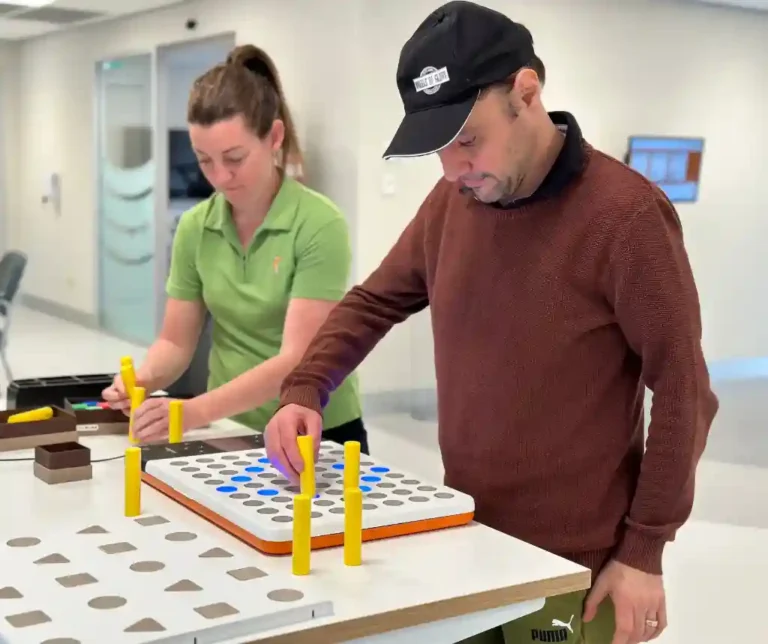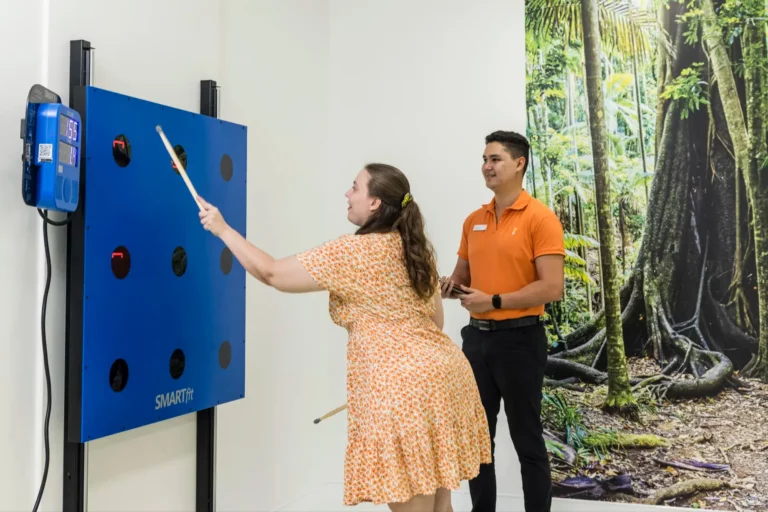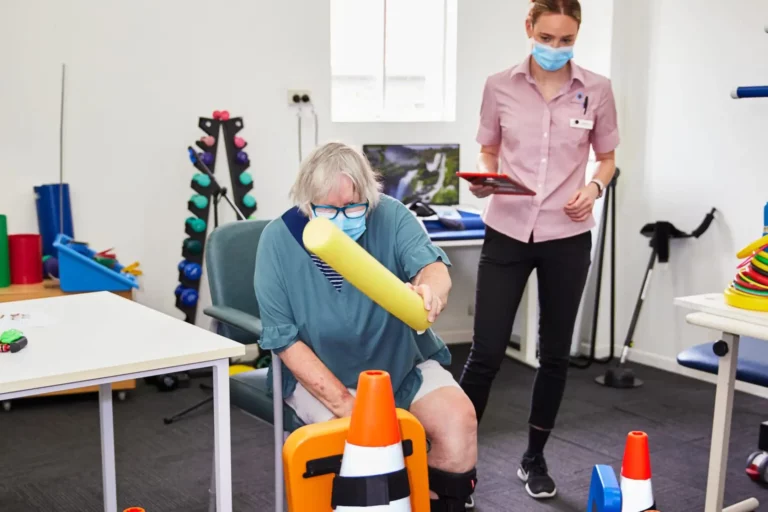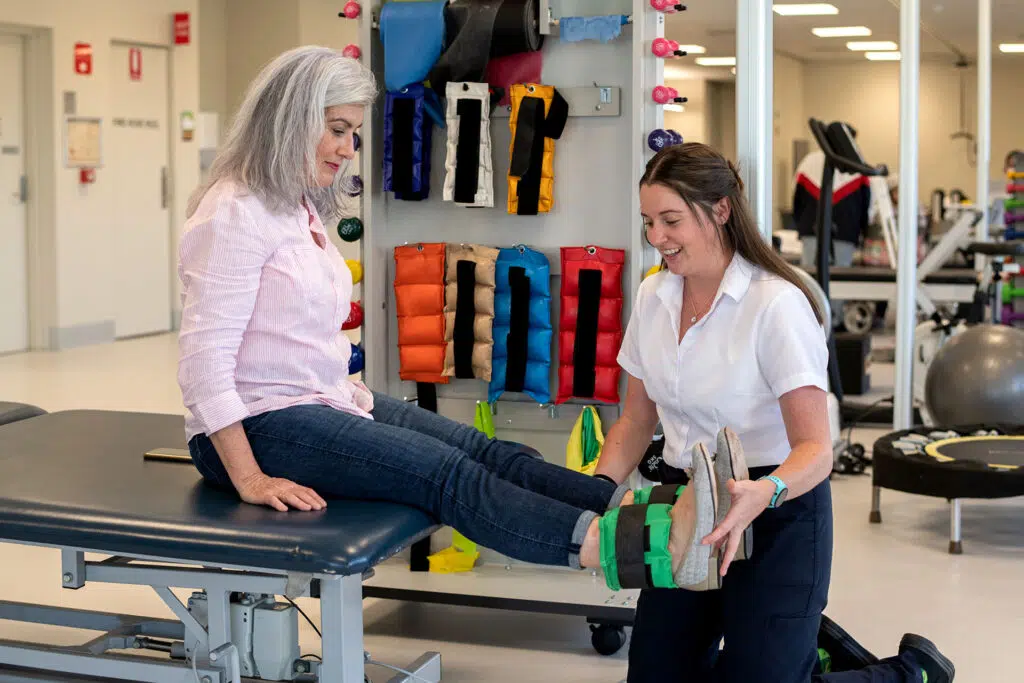Recovery can look different for everyone, depending on the part of the brain affected, the abilities impacted, and the goals that matter most to you. That’s why rehabilitation should reflect your individual needs.
Whether it’s regaining everyday skills, improving strength and confidence, or working towards greater independence, our team is here to support you. Your goals guide our approach, helping you make steady progress in a way that feels right for you.
We also provide stroke rehabilitation at our other Sydney locations, including Ryde and Petersham.






